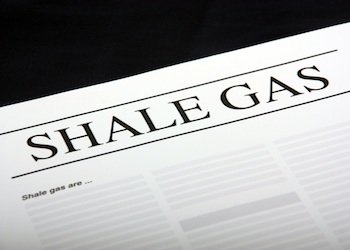The new shale gas field allowance will help the UK cut its reliance on imported gas and could make the nation energy independent.
That’s the view of analysts at Inenco, who welcomed George Osborne’s plans to include shale gas as part of Britain’s energy future. The Chancellor said he wants the nation to tap into new sources of low cost energy and aims to introduce new planning guidance for shale gas this summer. He also announced plans to take two carbon capture storage projects to the next stage of development.
Joseph Conlan, an energy analyst at Inenco said: “The introduction of the Shale Gas Field Allowance shows the Government’s determination for greater energy independence and reducing the reliance on imported gas. Whilst there has yet to be a successful commercial well within the UK this may help to allay some fears regarding the profitability of shale gas once it has been drilled.
“The introduction of Carbon Capture Storage to two coal-powered stations would allow them to continue operating and was one of the stipulations within the energy bill. Should they be successful this could help keep power generation costs down in the future given the low cost of coal on the commodity markets.”
UKOOG, the representative industry body for onshore oil and gas operators said the new tax measure would help the industry take the next steps in assessing shale gas.
Ken Cronin, Chief Executive of UKOOG said: “The UK is currently entering an important phase in terms of the exploration of shale and other forms of unconventional oil and gas. The industry believes there is a very meaningful amount of gas in place in the UK and the public deserves to know and understand the potential of these natural resources to deliver energy security, jobs and growth.
“The results from this phase will develop understanding of what will be technically and economically recoverable going forward. Above all, we are firmly committed to working with local communities and operating to the highest standards of both safety and environmental management.”
The Chancellor also announced support measures for the North Sea oil and gas sector to help boost investment and analysts at Ernst & Young agreed it would give certainty to investors.
Derek Leith, Head of oil and gas taxation and Office Managing Partner at Ernst & Young in Aberdeen said: “Today’s Budget announcement will act as a gateway to greater investment in the North Sea, creating an active market that is attractive to companies across the Oil & Gas spectrum, from super majors to niche operators. Cementing the promise of contracts that guarantee tax relief on costs associated with deactivating and dismantling oilfields during the lifetime of this and future parliaments removes another layer of fiscal uncertainty from the UK Continental Shelf and should facilitate the transfer of assets.
“Smaller companies that had previously been priced out of potential deals will now be in a position to maximise recovery from existing infrastructure while larger players will be able to free up capital to fund further exploration and production.”





